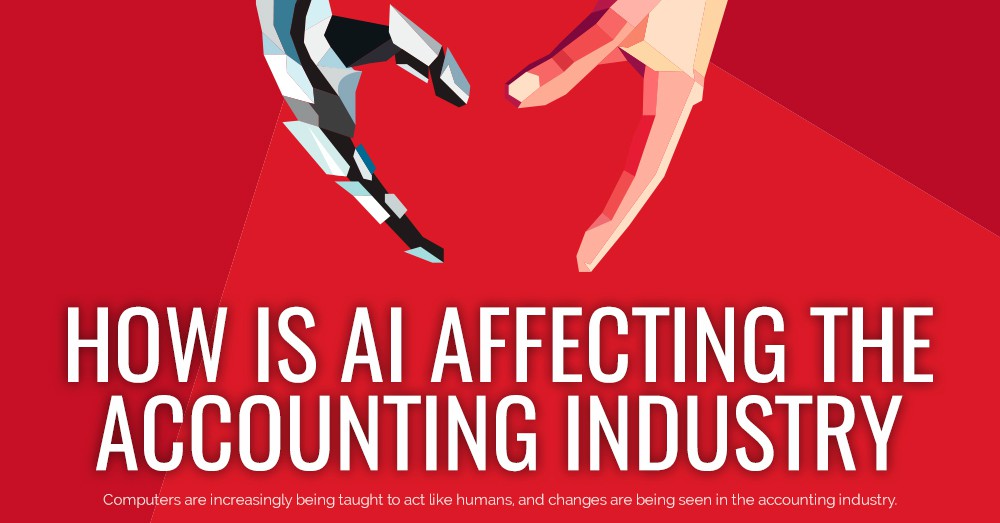According to the Thomson Reuters Institute’s 2023 report ChatGPT & Generative AI within Accounting Firms and Corporate Tax Departments, 51% of respondents believed that Chat GPT and generative AI should be applied to tax, accounting, and audit work. The report also found that 10% of accounting and tax professionals use or plan to use ChatGPT and generative AI at work.
Although the tools and technology are useful, many professionals are concerned about the impact of AI on accounting. One of the primary concerns is how the technology could affect accounting jobs and careers.
Impact of AI on Accounting
AI increases efficiency and accuracy in accounting functions. These impacts are especially significant in many areas:
- Data collection and analysis
- Tax research and optimization
- Strategic planning, trend analysis, and forecasting
- Streamlining back-end operations
Generative AI and Accounting
Generative AI supports efficiency in task completion. Therefore, use of the technology is modifying the tasks and skills required to achieve outcomes. As a result, companies are shifting accounting roles from task-based to skills-based.
Traditional jobs
For instance, traditional jobs provide less value than skills-based roles:
- Traditional jobs confine work to standardized tasks performed in a functional role.
- Employment decisions are based on the role within the company’s hierarchy.
- Organizational agility, growth, and innovation can be limited.
- Diversity, equity, and inclusion can be difficult to attain at all levels.
- The candidate experience is affected.
Skills-based roles
Conversely, skills-based roles provide more value than traditional jobs:
- Skills-based roles emphasize abilities over job titles.
- Roles can focus on specific tasks, projects, problems to solve, outcomes to attain, or value to create.
- Accountants can work on tasks, projects, problems, or outcomes that fit their skills and interests and the company’s priorities.
- Companies have scalable, manageable, equitable operations.
Advantages of skills-based companies
The Deloitte Skills-Based Organization Survey, May-June 2022, found that skills-based companies are:
- 63% more likely to achieve results than non-skills-based companies
- 107% more likely to effectively place talent
- 98% more likely to have a reputation as a great place to grow and develop
- 98% more likely to retain high performers
As a result, many companies are shifting their accounting teams from traditional jobs to skills-based roles.
Impact of AI on CFOs
AI is transforming the role of CFOs in many ways:
Scaling tasks and operations
- Accounting teams spend less time on data entry, reporting, and reconciliation.
- Routine tasks performed with AI are error-free.
- Companies reduce overhead costs and increase profitability.
- Accounting professionals must develop their soft skills such as communication, critical thinking, and problem-solving to enhance performance.
Having accountants engage in higher-value activities
- Automation improves the employee experience and reduces the risk of burnout.
- Accounting teams use their creativity to make informed decisions that support business growth.
- Accountants provide more meaningful contributions at work.
Eliminating human error and data bias
- AI does not make mistakes.
- Flagging abnormalities for accountant review increases data accuracy.
- Accuracy elevates business decisions and performance.
Providing real-time insights
- Accountants work with increasing amounts of data and tight deadlines.
- Business leaders require multiple scenarios, budgets, and forecasts to keep up with economic change.
- The CFO and company leaders can look ahead, modify operations, and change the business model to align with market conditions.
Do You Need to Hire Experienced Accountants?
Mercer Bradley can match you with experienced accountants to help you reach your business goals. Reach out to learn more today!




Leave a Reply